Wally Fry is the pioneer of plant-based foods in South Africa, he was an early market entrant. He launched the Fry Family Food Co. in 1991 during a time when vegetarianism was considered a fad in the country, and retailers had little to no faith in the demand for meat substitute products.
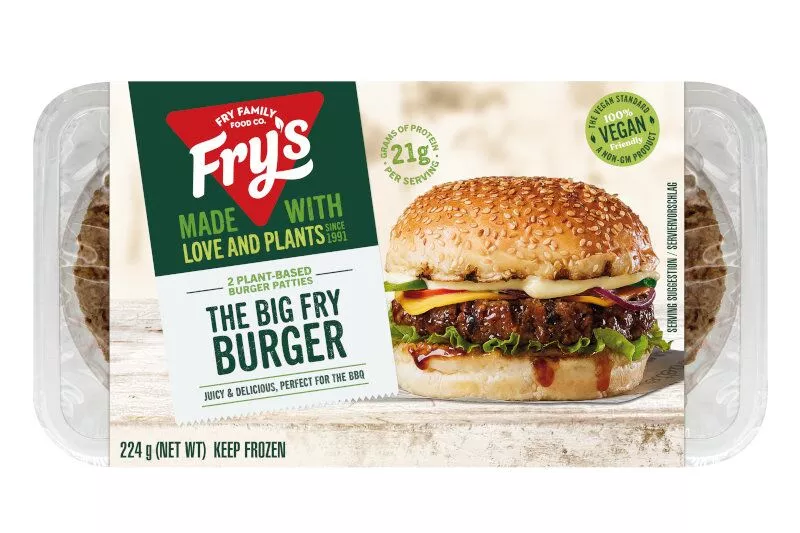
According to Wally, the establishment of the Fry Family Food Co. was an aspiration and value-driven decision as opposed to a profit-driven one.
The former farm boy and livestock trader built up the business which may not have been commercially conventional, to a successful brand.
In the last 30 years, Fry Family Food Co. has led the growth of plant-based and meat-free food products in South Africa, making vegan and vegetarian options easily accessible to consumers looking for alternative protein sources.
Background
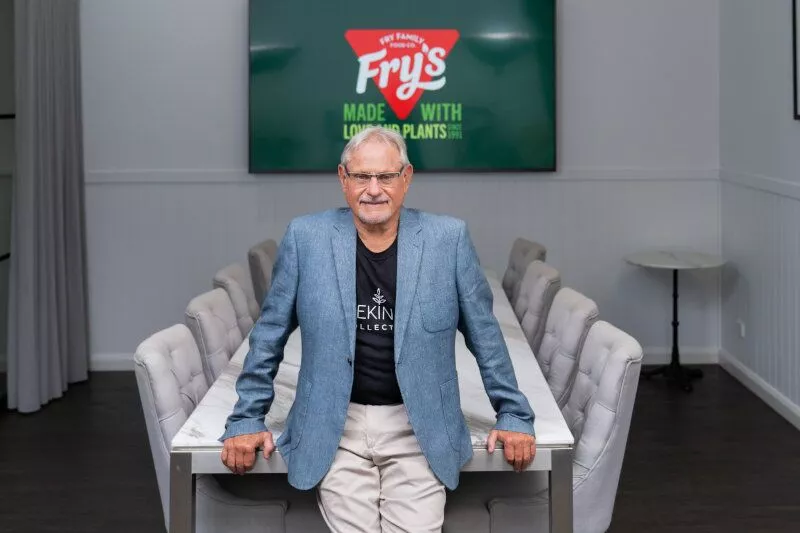
Wally Fry credits his wife, Debbie, with introducing him to a meat-free diet while he, ironically, was in the cattle and goat trade.
“I met my wife while I was a livestock agent and she was already a vegetarian. I didn’t even know what a vegetarian was at the time,”
After he marrying Debbie, Wally worked in his father-in-law’s construction business which led to him establishing his own small construction company.
During this time, he became involved in the development of a 1 000-sow piggery in KwaZulu-Natal. Visiting the site once in operation, he was shocked at the conditions in which the bred-for-meat animals were held.
The straw that broke the camel’s back towards his push to a meat-free life came when his vegetarian daughter started asking questions about the reasons animals were reared and killed for food.
“She asked questions I didn’t have the answers to. I started to do some research and was flabbergasted at the extent of biodiversity destruction as a direct result of livestock farming. It was an epiphany for me. Discovering alternative food sources to meat became a passion, a desire, a calling,”
Realising he wouldn’t last long on a diet full of rice and lentils, Wally started to experiment with ingredients in the kitchen where he learned how to process raw materials such as soya and make emulsions from vegetable-based fats.
“The kind of food development I was doing at the time was unknown in the world. This was tough, as there was no-one I could go to for advice and I had to figure things out myself,”
Fry Family Food Co.
Wally had no desire to commercialise his homemade meat-free alternatives until he was approached by a marketing specialist in early 1992 who spotted the opportunity, drew up a free business plan for the Fry Family Food Co. and introduced him to players in production and packaging.
“He taught me so many things about the retail business and I am forever grateful for his intervention.”
Wally soon secured a meeting with the food buyer of an established retailer where he provided a tasting of his meat-free hotdog, sausage, polony and burger.
“He liked the product and said he would give us a listing in 33 stores nationally, but he had no idea of our limited production capacity, and we hadn’t even finalised packaging yet.
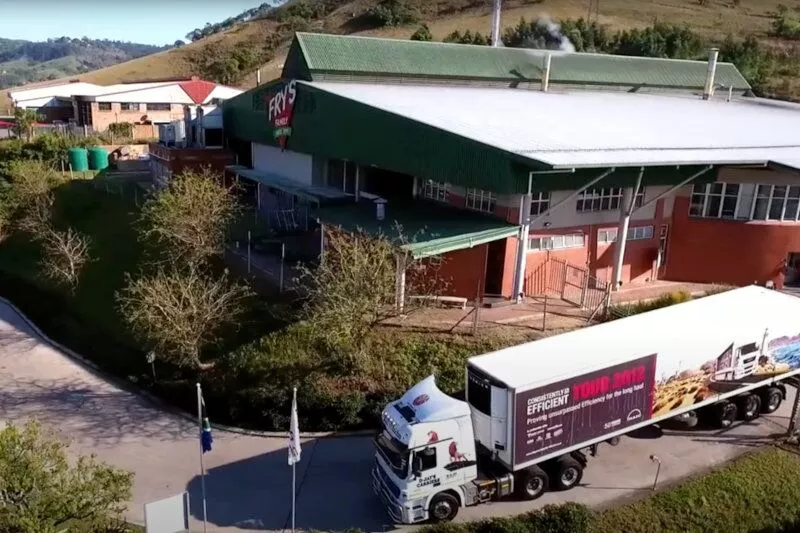
To fill the order, he bought 2nd-hand food manufacturing machinery in Durban, installed it in a small factory space that he owned, and employed a butcher who knew how to operate the processors, and slowly began production.
According to Wally, he funded the business by himself, and since he had he left the construction trade, the family lived off rental income from a couple of small factories he owned.
“No borrowed funding was ever used. All the profits were reinvested with the simple mantra ‘if I can’t pay cash for it, then I don’t need it’,”
Within 18 months, the company had appointed distribution agents across the country and on top of that, Wally had acquired shelf space in every national branch of Pick n Pay, which was soon followed by Checkers, Spar, Makro, and multiple independent retailers.
As consumer demand in meat-free alternatives, Fry Family Food Co. continued to develop products, even branching into plant-based chicken offerings.
By 1992, the factory was producing around 300kg of product on daily basis. In 2005, the business opened its first 5000m2 custom-built factory in Durban.
“Because no-one had ever produced food like this before, we had to design our own machinery. We ended up with a factory that produced up to 14 tonnes in a 24-hour period,”
International Expansion
Fry Family Food Co’s expansion into the international market was largely serendipitous.
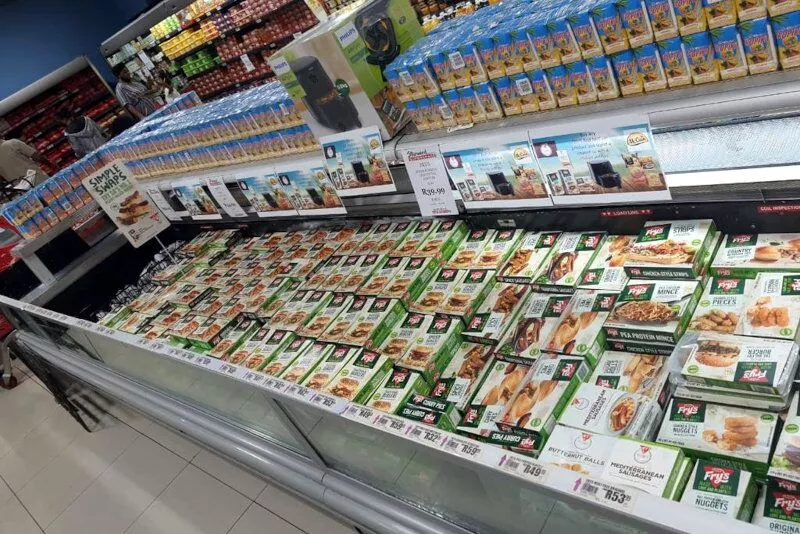
After relocating to Australia in 1998, the company’s main accountant recognised there was a lack of plant-based products and meat substitutes on the Australian market and convinced Wally to ship an container that side.
Things took off slow but after a while, the company’s products were listed in over 2000 stores across the country.
The following year, the company entered the European markets with the UK and Belgium.
The way we expanded into foreign markets was completely unplanned and without a defined strategy. Someone would try our products in one country and contact us to say they wanted to represent us in another market.
After we checked their credentials, they would pay upfront for stock, which we would then ship, and this resulted in a fantastic global network of agents.
We honestly had no strategy around reaching a certain number of sales, we were just happy with whatever we got.
Fry Family Food Co’s success can be attributed to the fact that people whom they were selling to knew the company was run and operated by a vegan and vegetarian family with a moral cause, which provided the brand authenticity.
Today, the company has a number of products that are listed in over 8000 outlets across 27 countries.
Acquisition By LiveKindly Collective
In 2020, Wally sold a majority stake to the LiveKindly Collective. This move came after the New York-based company raised $200 million in capital to acquire brands that would ultimately establish one of the world’s largest plant-based food companies.
Get South Africa’s latest entrepreneurial or business success stories delivered right to your inbox — Sign up to Entrepreneur Hub SA’s newsletter today

eBook: 50 South African Entrepreneurs Reveal HOW THEY MADE IT
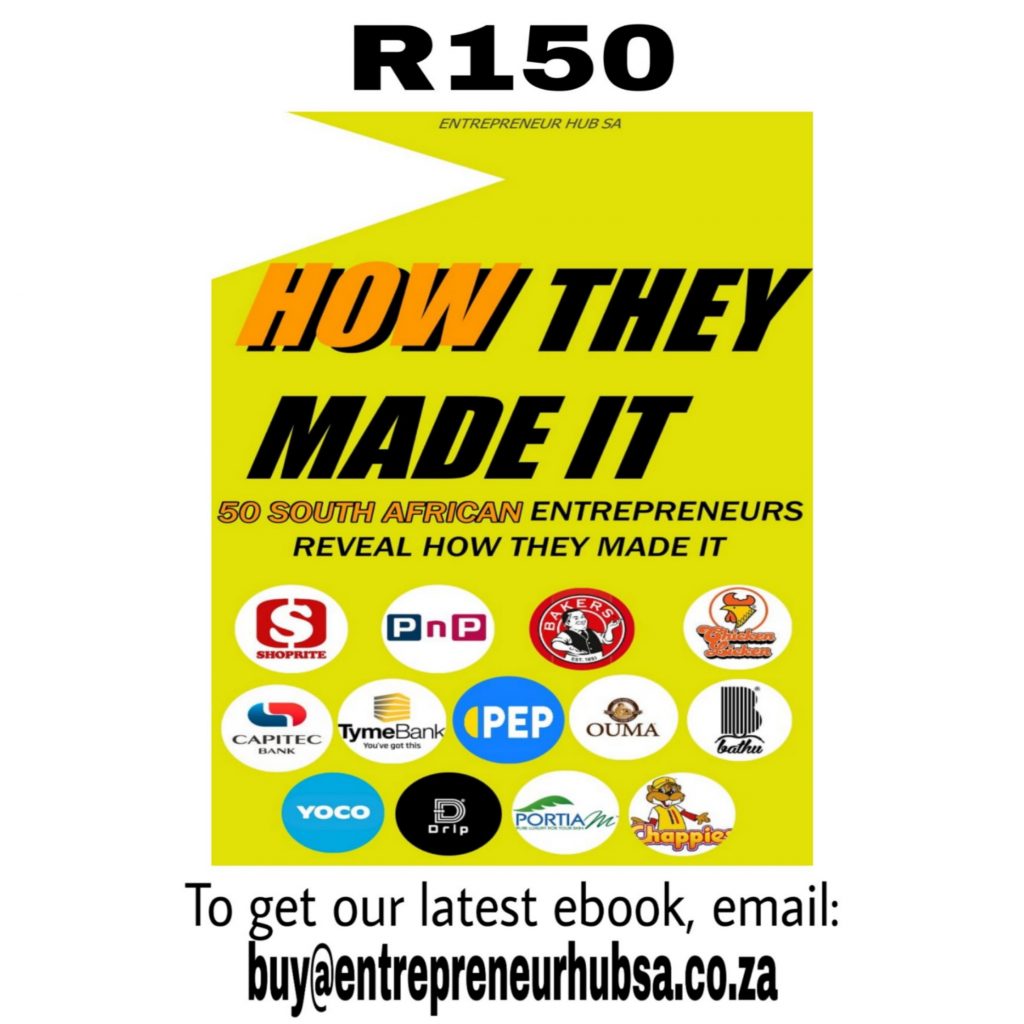
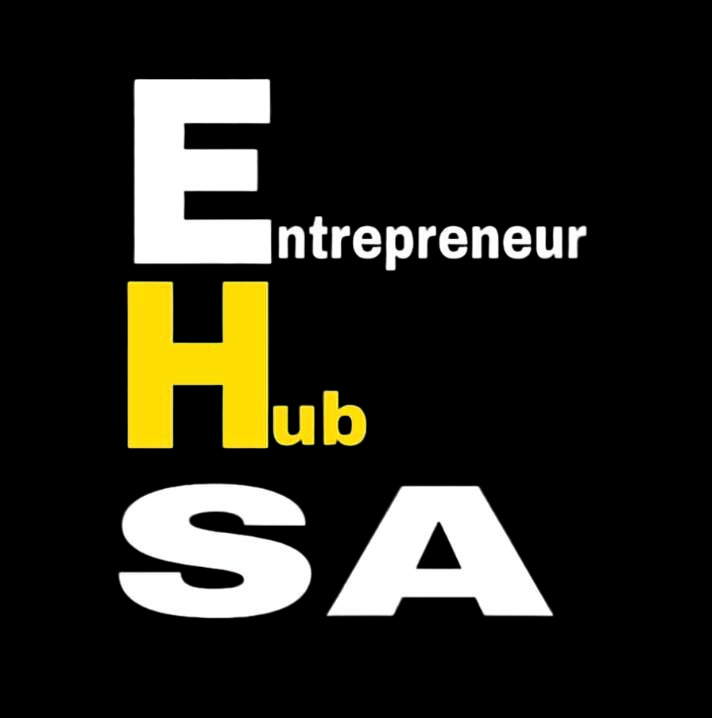
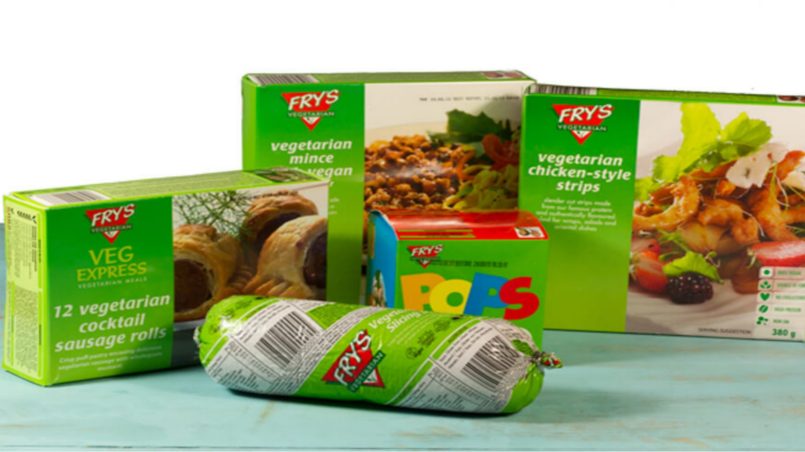

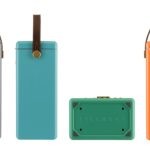
Wow, amazing weblog format! How lengthy have you been running a blog for?
you made running a blog look easy. The overall look of
your web site is excellent, as smartly as the content!
You can see similar here najlepszy sklep